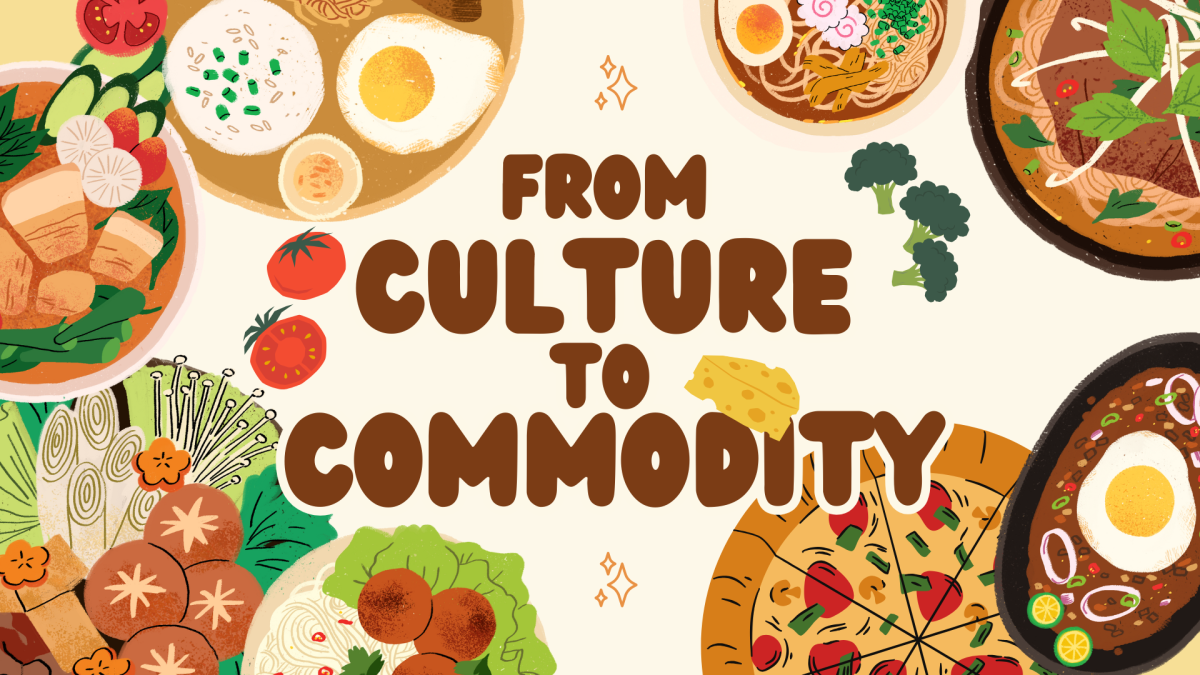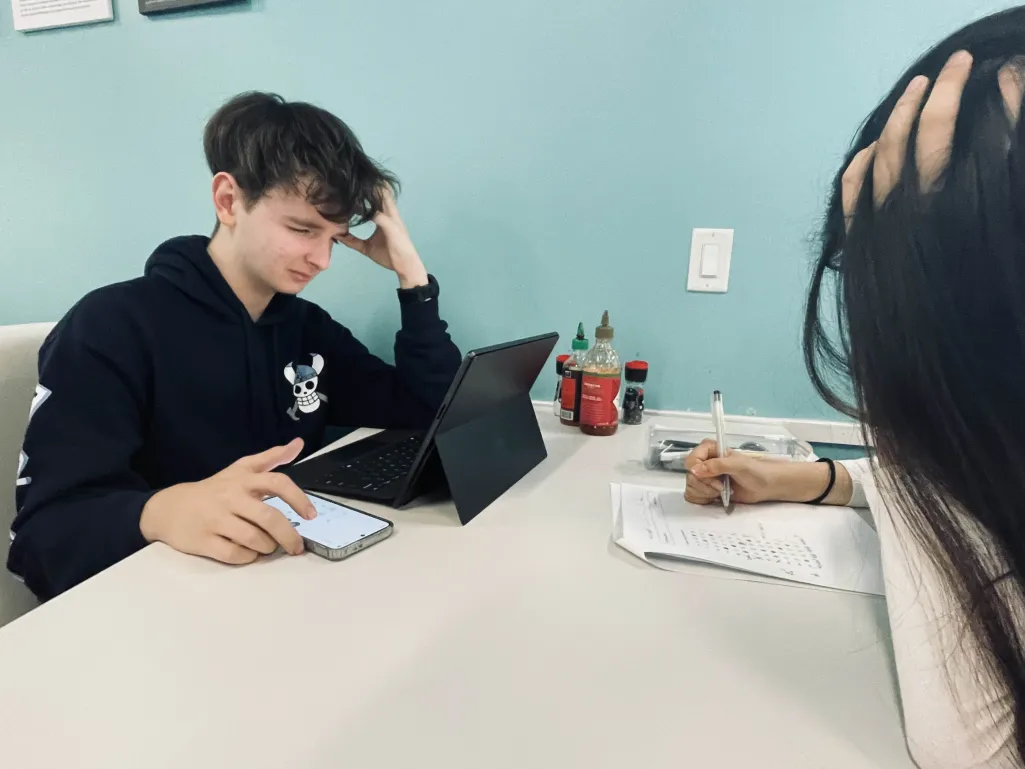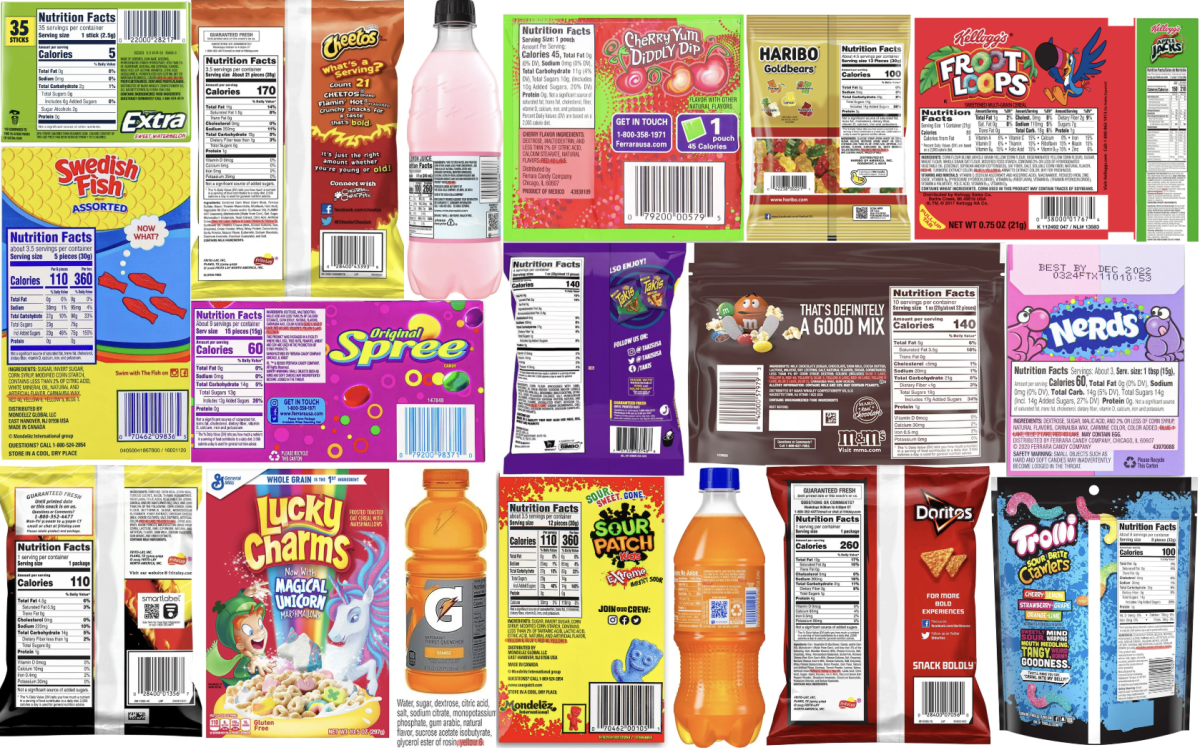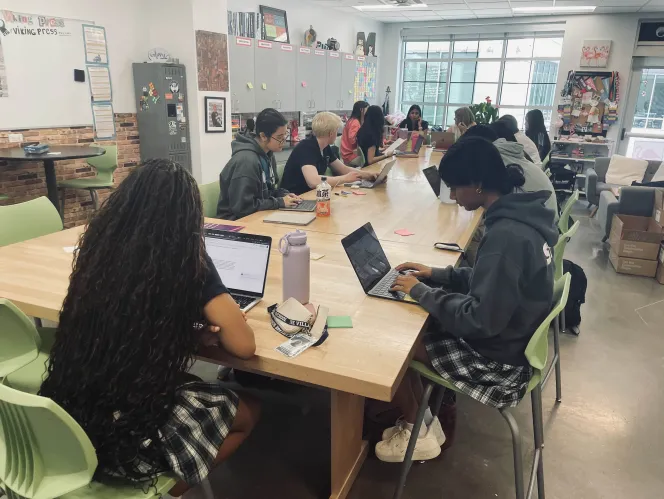Have you ever thought, “What should I order for dinner tonight?”, and options like pizza, sushi, tacos, or chow mein came to mind even though you’re not Italian, Japanese, Mexican, or Chinese? Especially when our communities try to become more diverse, people believe that the magic of food lies in its ability to bring individuals together to share different cultures, find comfort, and try new things. Unfortunately, even food is not immune to issues like racism and cultural appropriation.
On a recent episode of “Dragon’s Den” (a Canadian version of “Shark Tank”) that aired on October 10th, Simu Liu, one of the Dragons, called out a bubble tea company, Bobba, founded by Quebec City entrepreneurs Sebastien Fiset and Jess Frenette, for cultural appropriation. The duo claimed to be “disrupting” the market with their products, a “more convenient and healthier” version of the Taiwanese drink, boba, while also asserting that their drink was ‘not ethnic’. This incident later caused widespread backlash for Bobba over the internet and highlighted the need for cultural understanding and respect in the F&B (Food and Beverage) industry.
Before taking a deep dive into the main problem, what is cultural appropriation anyway? According to Britannica, cultural appropriation occurs when members of a majority group adopt the cultural customs of a nondominant culture without understanding or respecting the original culture and context. “So, does this mean that I’m not allowed to eat a croissant if I’m not French?” No, certainly not! It goes beyond simply enjoying another culture’s food, which involves the dominant culture (which is European in this case) monetizing food that is not traditionally theirs and profiting off another’s culture.
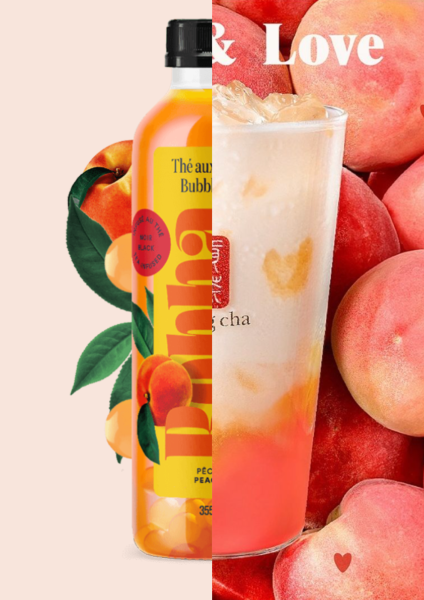
Now, let’s get back to the Bobba and Simu conflict. What exactly happened? From the start of the pitch, there was some tension between Liu and the Bobba team where its members Sébastien Fiset and Jessica Frenette asked the “dragons” (the show’s panel of investors) for $1 million for 18% of their company. From the start of the pitch, there was some tension between Liu and the Bobba team. “Dragons, you have probably heard about bubble tea,” said Frenette, then continued, calling it a “trendy, sugary drink you are queueing up for, and you are never quite sure about its content.” “Those days are over with Bobba,” said co-founder Fiset. He then described Bobba as transforming the “beloved beverage” into a “convenient and healthier, ready-to-drink experience,” while the “Shang-Chi” star appeared skeptical at their wording. “I’m concerned about this idea of disrupting or disturbing bubble tea…” said Liu after tasting their products. “There’s also an issue with cultural appropriation…There’s an issue of taking something that’s very distinctly Asian in its identity and ‘making it better,’ which I have an issue with.” Simu Liu later asked questions for the entrepreneur duo how they pay respect to this very Asian drink through the processing and how ironic it is when Fiset came up with the answer, declaring that their “best partner is in Taiwan where they make all the recipes and all the boba.”
Unfortunately, cases of food cultural appropriation, like the Bobba and Simu Liu case, are not the first nor the last ones; they occur all the time, everywhere, and not just only in America. Before Bobba, we got Better Boba from a caucasian couple who came up with the idea of marketing the “healthier, better boba” business or, if I suppose, you’re catching up with the news recently. In that case, you’ll probably know the “pho” trademark case where a caucasian-owned company, Pho Holdings, was “slammed” on TikTok for trademarking the term “pho” – a Vietnam national dish– for their Viet cuisine restaurant chain and for forcing other small Vietnamese-owned restaurants in the UK to change their name for copyrights claims. Pho Holdings said it had trademarked the word “pho” six years prior, a time when knowledge of the soup dish was limited in the UK, meaning only they could use the term in the title of a restaurant business. The brand later admitted to making a mistake and tweeted that they had dropped the dispute against the now-permanently closed Mo Pho, according to The Guardian.
“To be honest, when I first heard about the Pho trademark, I felt a little bit confused,” said Vietnamese junior, Ben Duong. “Like, you know, how can people trademark a dish? I have never seen them trademarking sushi or hamburgers, so why Pho? It’s even more controversial when the people who were trademarking it are caucasian and filed copyright claims against small Vietnamese-owned businesses, against people who actually invented that dish.” Said Duong. “For me, this is an act of cultural appropriation when the market tries to “capitalize” a national dish from an ethnic group that survived several wars; they’re not in our point of view; they don’t know how important this dish is for us.”
It’s important to clarify that appreciating and cooking foods from different cultures is not restricted to those who belong to those cultures. Cultural appropriation in food is less about who can participate and more about how it is done. You are welcome to enjoy and prepare dishes from cultures that are not your own; however, it’s essential to respect and understand their origins, especially in a diverse environment like The Village School. This practice reflects cultural appreciation rather than cultural appropriation. Ultimately, if you choose to profit from food originating in another culture—especially one that has historically faced exploitation or oppression—you have a responsibility to do so in a way that honors its cultural roots.
References:
Sabrina, W (2024, October 17), Simu Liu Accuses Boba Brand of ‘Culture Appropriation’ in Viral Dragons’ Den Clip — Then $1M Investment Is Pulled, people.com. People
Jay, R. (2013, September 25), The Vietnamese pho war – can you trademark a soup?’ theguardian.com. The Guardian.
https://www.theguardian.com/lifeandstyle/wordofmouth/2013/sep/25/vietnamese-pho-trademark-soup-cafe

